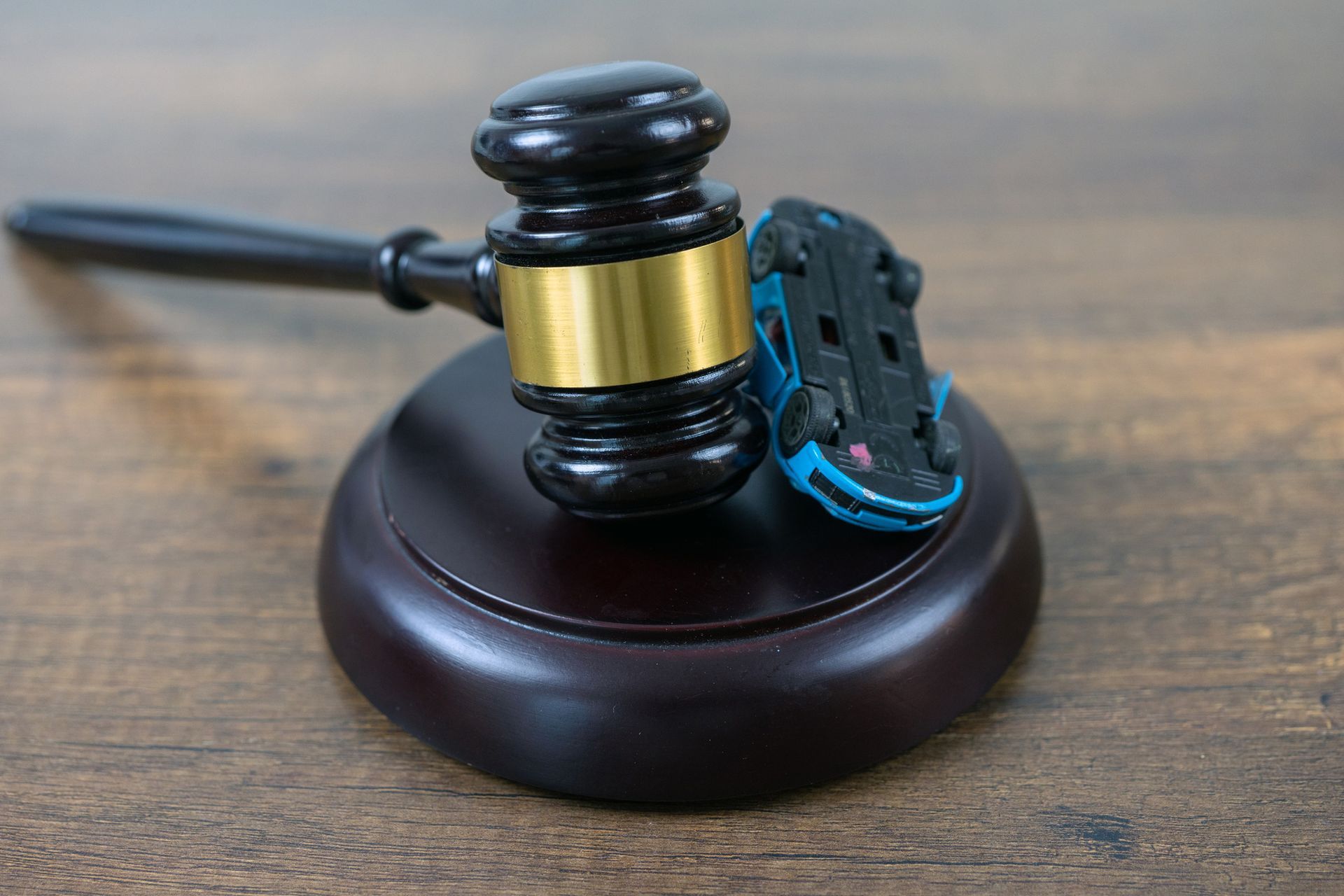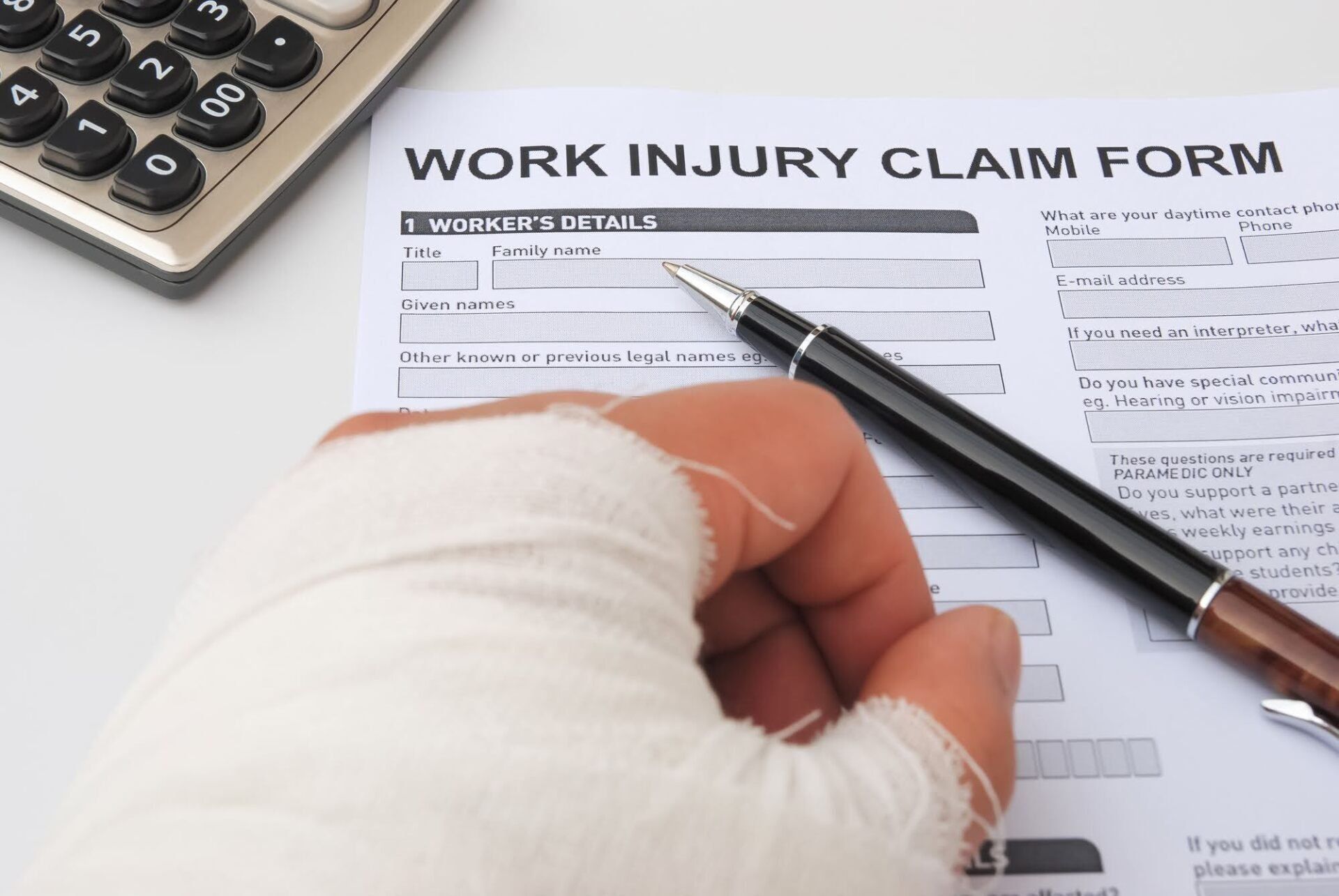Accident at Work? Avoid These 6 Workers' Compensation Mistakes

When you're injured at work, taking the right steps is vital. That means not only knowing what to do but also what not to do. To help you protect yourself after a work-related accident, here are a few of the most common workers’ compensation mistakes that employees make and how you can avoid repeating them.
1. Not Reporting the Injury
First of all, don't make the mistake of failing to pay proper attention to an accident or injury. Those who work with heavy equipment or dangerous tools may take for granted small incidents and what seem like small injuries. But don't feel you must be the metaphorical tough guy. Your employer has a legal responsibility to provide a safe workplace and to care for their employees if things happen.
In addition, remember that many injuries don't appear right away or may even get worse after the initial period passes. You should always start with filing a prompt report so you have a basis for any future claims you may need to make. In Florida, you generally must do this within 30 days.
2. Not Getting Medical Treatment
Along with failing to even report the accident, an employee may make the error of not seeing a doctor or other reputable medical provider.
You can't evaluate your own injuries or the potential consequences of the accident. You need a competent professional to do this. If you don't seek medical evaluation right away, you will have a much harder time linking any future repercussions to the accident. You may even miss a deadline imposed by your state rules.
3. Not Following Medical Advice
Once you see a medical provider, follow their instructions to the best of your ability at all times. This can be difficult for busy workers, but it's a vital part of the workers’ comp process. If the doctor prescribes medicine, take it without fail. Do they recommend physical therapy or follow-up appointments? Make all your appointments conscientiously. Are you given home routines to follow? Follow them diligently.
Keep records to document yourself following these medical directives. Get copies of medical reports and orders. Document how and when you follow home exercise regimens and take appropriate medications. Create a log of medical appointments so you don't forget any important follow-up visits. Your attorney can use these documents to counter any claims that you may not be as injured as you claim.
4. Posting on Social Media
As with any personal injury case, a worker with an open workers’ comp case must think carefully about their online usage. Anything put on the internet could be used against you during negotiations or in court.
If you post a seemingly harmless photo of yourself gardening, for instance, the insurance carrier's attorneys might argue that your injuries aren't that bad. Photos of having drinks with friends? They may claim alcohol could have contributed to the accident. What about friends' and acquaintances' social media? Anything that could remotely involve you — including posts, comments, and photos — can all be misconstrued.
Some employees decide to forgo all social media use until their cases are resolved. Others restrict their usage under the recommendations of their attorney and ask friends and family to do the same. Your attorney may also suggest you make accounts private for the duration of the claims process.
5. Not Knowing Your Rights
Insurance carriers and attorneys know that the average person isn't familiar with the workers’ compensation process. They also count on employees not fully understanding their rights under federal and state law. For example, what if you made some mistake that contributed to the accident? Even if you were partially or primarily at fault, Florida law still provides you with financial protection.
You may also receive a myriad of confusing notices and forms, some of which may cause you to unwittingly give up some rights. Always remember that the workers’ comp carrier's goal is to protect their interests — not yours — so they should never be your primary source of information and answers.
6. Not Trusting Your Attorney
Your workers’ comp lawyer is your primary resource through this process. But they need all the information you can give them in order to pursue your best interests. So be honest and forthright with them when covered by confidentiality rules. They may need to know relevant things like prior injuries, prior workers’ comp claims, any alcohol or drug use, current and past medical issues, and anything that an opposing attorney could use to discredit you.
Your attorney will, in turn, advise you on how to communicate about your injuries. They'll help you communicate about the severity of those injuries without overstating or understating the situation. Following their guidance will help you maintain a strong case for compensation.
Where to Learn More
Want more tips for avoiding the mistakes that other employees in your situation have made? Start by meeting with David A. Helfand P.A. We've assisted Florida workers with all their workers’ compensation and personal injury needs for nearly three decades. Call today to make an appointment and learn how we can help you too.
CONTACT US
We will get back to you as soon as possible
Please try again later
CONTACT US
We will get back to you as soon as possible
Please try again later
Office Hours:
- Mon - Fri
- -
- Sat - Sun
- Closed










